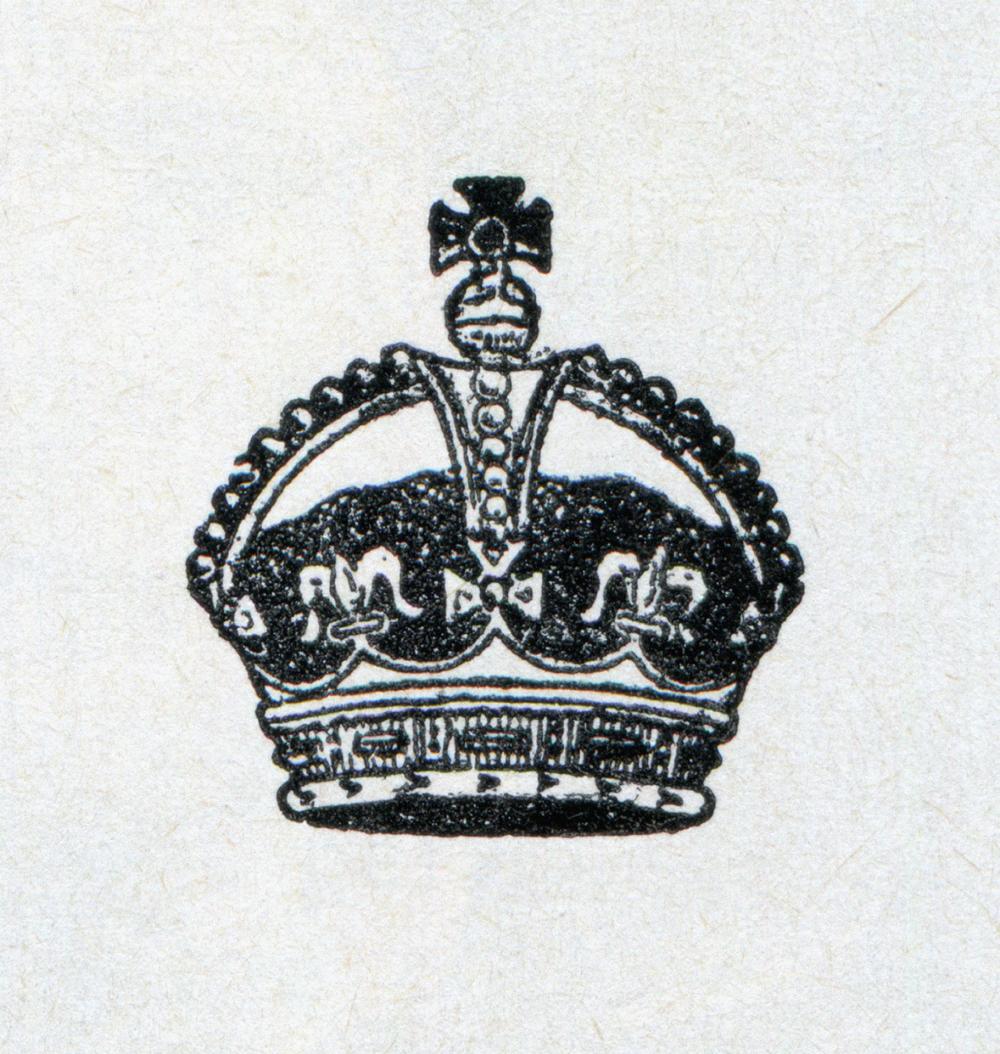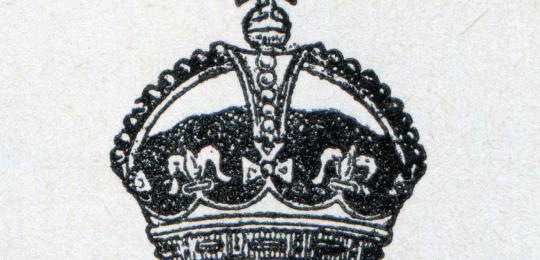Source Exercise 6: The Divine Right of Kings

Credit: Pixabay
The history of political thought
Politics is not only about the exercise of power, but also about the languages that people use to describe and justify (or 'legitimate') power. Every age has distinctive attitudes and belief systems about the rights and wrongs of human authority. When we study these ideas we are doing the history of political thought. Over the past 2500 years political philosophers have argued for monarchy vs republics, for aristocracy vs democracy, for communism vs private property, for hierarchy vs equality, for empires vs city states. They have appealed to reason, nature, religion, and custom.
In Tudor and Stuart England people debated the nature of kingly power and the extent of the duty of obedience to rulers. Radicals argued that tyrants, or heretics, should be overthrown by parliament or the people. Those who defended monarchical authority did so in opposition to 'resistance theory', and were fearful of threats to the English crown from Catholics and extreme Protestants alike, as well as from rebellions by the hungry or aggrieved. A wide range of arguments was used to uphold monarchical authority. Some of these we sum up as the theory of 'the divine right of kings'.
A Homily against Disobedience and Wilful Rebellion (1570)
A homily is a sermon, and this homily was issued under Queen Elizabeth I for regular use in the pulpits of English parish churches.
Question
1. What does the homily say is the connection between families and civil authority?
When you have thought about this, click next to find out more about this extract.
Material to help teachers and students develop interests and skills as a historian.

